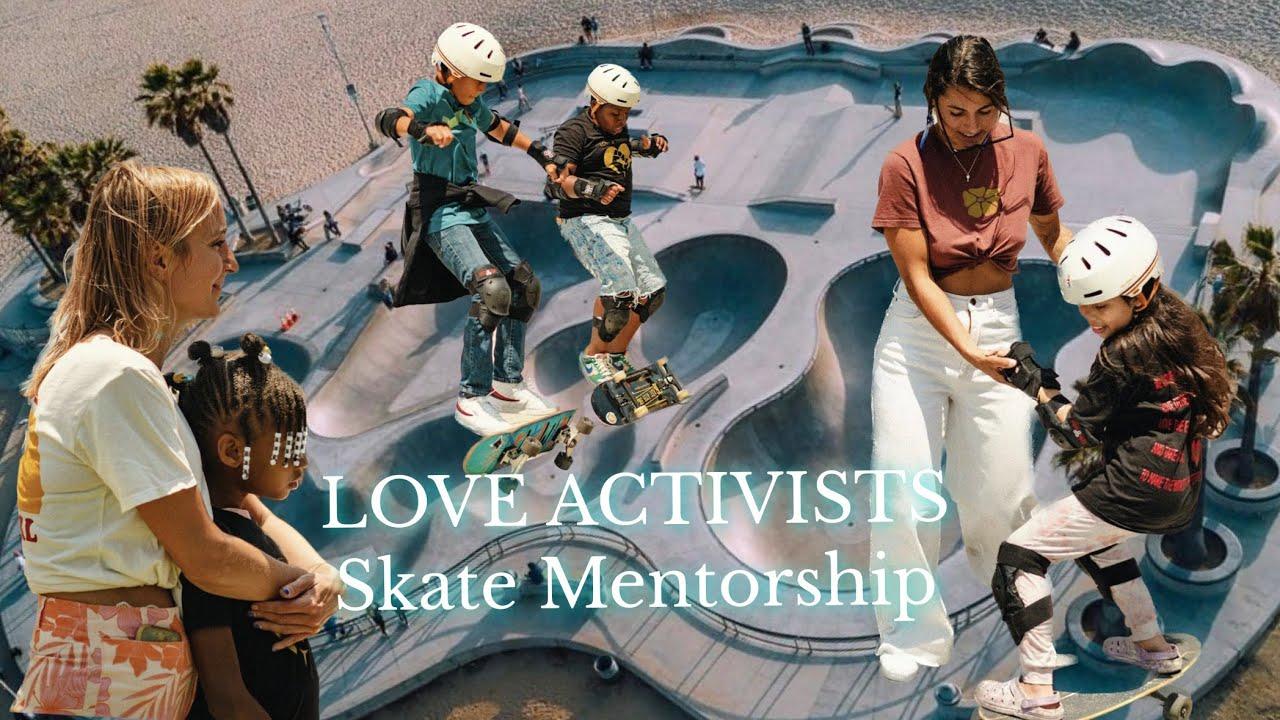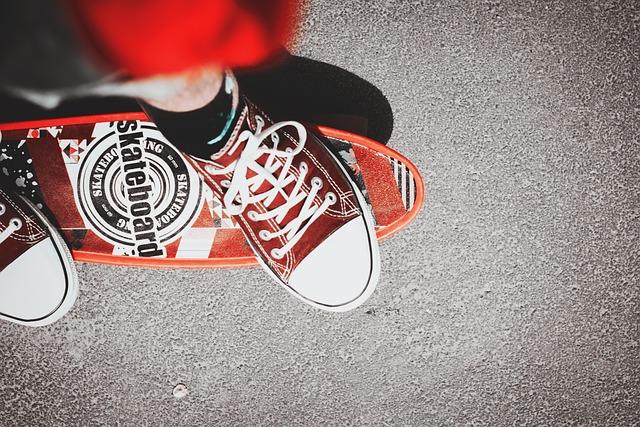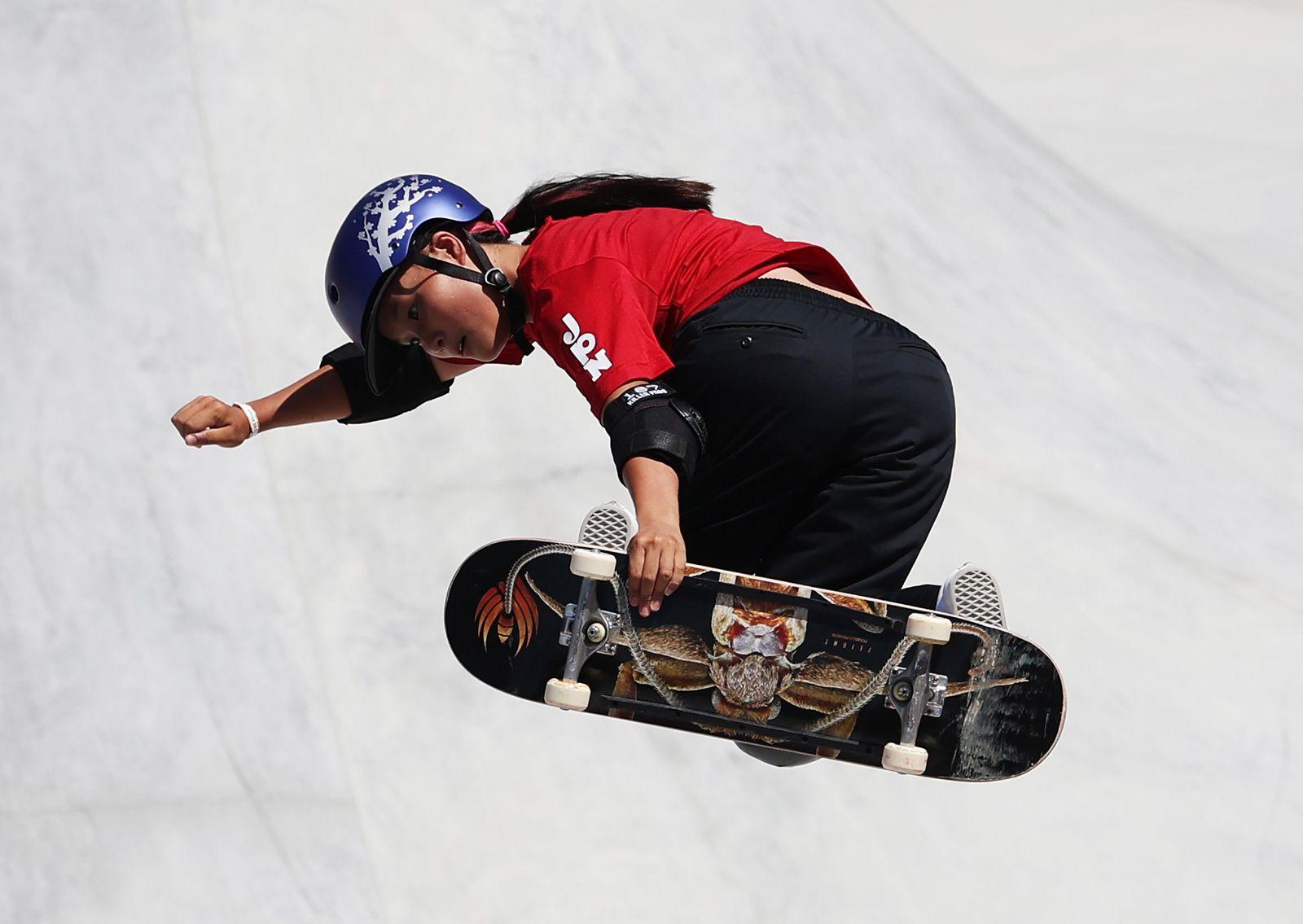In recent decades, skateboarding has evolved from a rebellious subculture into a powerful medium for social change, transcending its origins as a pastime for thrill-seekers. This transformation is emblematic of a broader cultural shift, where alternative sports have begun to intersect with pressing social issues, providing a platform for marginalized voices and fostering community solidarity. As skateboarding gains global recognition and acceptance, it serves not only as a testament to individual creativity and resilience but also as a dynamic force for challenging societal norms and advocating for inclusivity. By examining the historical roots, influential figures, and grassroots movements within the skateboarding community, this article explores how a sport once relegated to the fringes has emerged as a compelling voice for social justice, inspiring change both on and off the board.
The Evolution of Skateboarding as a Catalyst for Social Movements
Skateboarding, once perceived merely as a rebellious pastime, has transformed into a powerful medium for social commentary and activism. As the sport evolved, it began to reflect the diverse voices of its participants, who use their boards not only to perform tricks but also to challenge societal norms. The streets, once dominated by a narrow demographic, now echo with the diverse rhythms of skaters from various backgrounds, each carving out their own space and narrative.
Key factors contributing to this evolution include:
- Inclusivity and Representation: Skateboarding communities are becoming increasingly inclusive, highlighting skaters of all genders, ethnicities, and backgrounds. This diversity has spurred conversations about representation and equality, both within and beyond the skate parks.
- Public Spaces as Platforms: Skate parks and urban landscapes serve as arenas for expression, where skaters gather not only to ride but to rally for causes such as climate change, racial justice, and LGBTQ+ rights.
- Social Media Amplification: Platforms like Instagram and YouTube have empowered skaters to broadcast their messages globally, transforming local movements into international dialogues.
Through these elements, skateboarding transcends its original identity, becoming a dynamic force for advocacy and a voice for those who strive for change.

Community Engagement and the Rise of Skateboarding Activism
Skateboarding has transcended its origins as a countercultural pastime to become a powerful instrument for social change and community engagement. As the sport has grown, so too has the realization that skateboarding can be a vehicle for activism, tackling issues ranging from urban development to youth empowerment. This shift is largely due to the collective efforts of skateboarders who have harnessed the sport’s global popularity to advocate for social justice and environmental awareness. Community skateparks, once seen merely as recreational spaces, are now becoming hubs for social interaction and change, offering a safe haven for youth and fostering a sense of community belonging.
Key areas of skateboarding activism include:
- Public Space Advocacy: Skateboarders often rally for the preservation and creation of public skate spaces, challenging restrictive urban policies.
- Environmental Initiatives: Many skateboarding brands and organizations are adopting sustainable practices and materials, advocating for a greener future.
- Inclusivity and Diversity: Efforts are underway to ensure that skateboarding is accessible to all, regardless of gender, race, or socio-economic status.
- Youth Empowerment: Skateboarding programs are being developed worldwide to engage youth, teaching them valuable life skills and providing mentorship.

Harnessing Skateboarding Culture to Address Social Inequities
Skateboarding has evolved from a niche sport into a powerful medium for social advocacy, particularly in underserved communities. By embracing its roots of rebellion and individualism, skateboarding has become an unexpected catalyst for addressing systemic social inequities. Grassroots organizations and community-driven projects are utilizing the sport to foster inclusivity and break down barriers. Through skateboarding, marginalized groups find a platform to express themselves and confront issues such as poverty, racial discrimination, and lack of access to public spaces.
- Public Skate Parks: Often located in urban areas, these parks provide safe spaces for youth to gather and engage in physical activity, promoting a sense of community and belonging.
- Educational Programs: Many skateboarding organizations offer educational workshops and mentorship programs, aiming to equip young skaters with skills beyond the sport, including leadership and advocacy.
- Global Outreach: Initiatives like Skateistan have expanded internationally, using skateboarding to empower children in countries like Afghanistan and South Africa, promoting gender equality and education.
By integrating skateboarding into the fabric of social movements, these efforts highlight the sport’s potential to drive change and inspire future generations. With its unique blend of creativity and activism, skateboarding is no longer just a pastime but a dynamic force for societal transformation.

Policy Recommendations for Supporting Skateboarding as a Tool for Change
To harness the transformative power of skateboarding, policymakers must adopt a multifaceted approach that recognizes its potential beyond recreation. Integrating skateboarding into urban planning is crucial. Cities should design public spaces that are not only safe but also inclusive, providing skateboard-friendly infrastructure like skate parks and dedicated lanes. This can foster community engagement and offer youth a constructive outlet for expression.
Support for grassroots initiatives is another vital component. Governments and local authorities can collaborate with community organizations to fund programs that use skateboarding as a medium for education and empowerment. Such initiatives can help break down social barriers and offer opportunities for personal growth and development. Additionally, implementing educational campaigns to shift public perception can further reinforce skateboarding’s role as a positive force for change. By highlighting success stories and the impact of skateboarding on communities, these campaigns can cultivate broader societal support.









